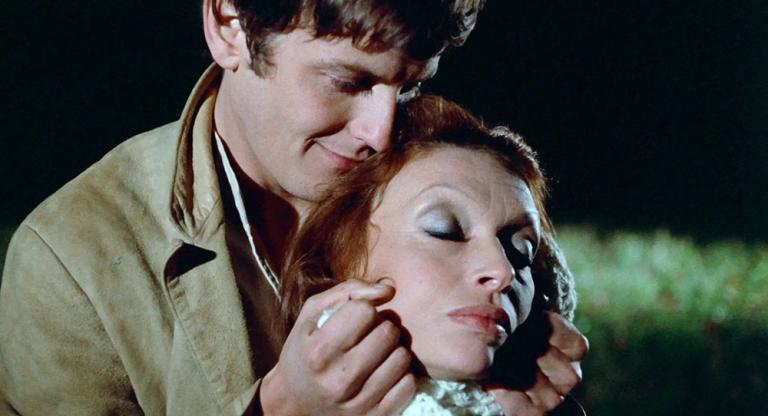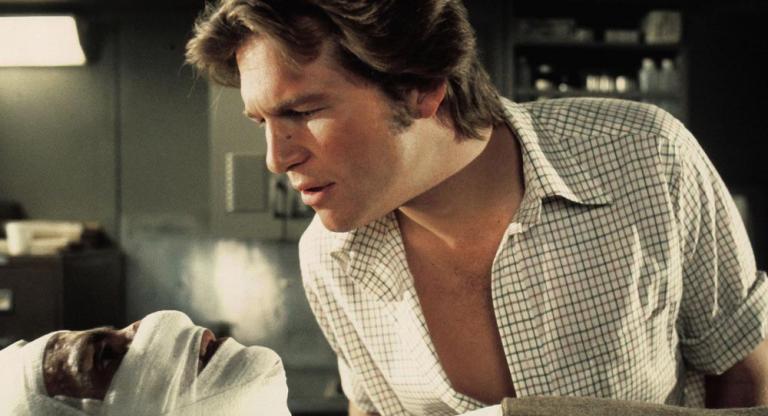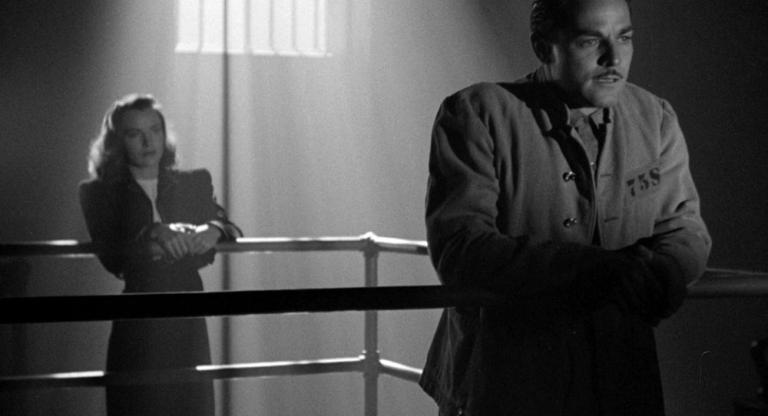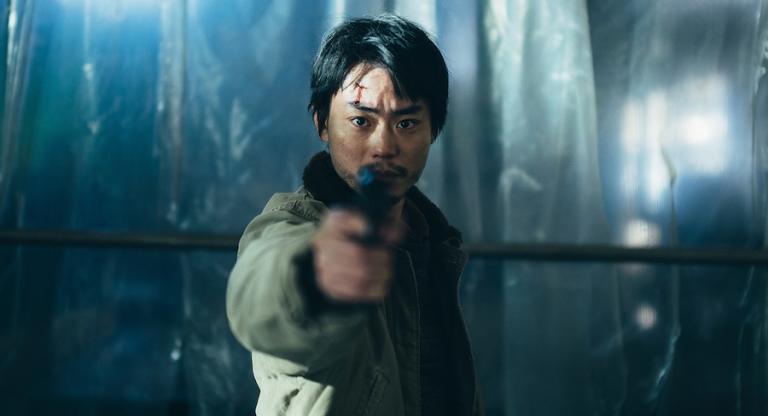In a 2018 essay, Masha Gessen describes trans people such as themself as “living reminders of the choicefulness of life,” avatars for the possibility of self-invention. To live a creative life—to navigate human society without defaulting to the pathways already laid out by the forces of tradition, state, and capital—is the essential challenge of being a person in the world; trans people, though specially restricted by those forces, may also experience the exhilaration of identities that affirm human creativity.
That exhilaration is present in Virgina Woolf’s Orlando, with its narrative end-runs around the constraints of time and gender, the richness of multiple lifetimes evoked by its prose. Orlando endures as a trans touchstone even if, as Paul B. Preciado notes in Orlando, My Political Biography (2023), the novel is itself constrained by Woolf’s own class privilege, by its omission of her own subjectivity, by its acceptance of the gender binary.
With his first film, the author and theorist Preciado attempts to transform Orlando for a modern movement, making a polyvocal film that also avoids binaries of fiction and nonfiction. Orlando’s story—the Elizabethan lordling who, three decades into his young manhood, falls into a deep sleep and awakes as a woman—becomes the basis for chapters in which a dozen or more amateur performers play Orlando in turn, sitting for interviews and enacting scenes that interweave chapters from the book and experiences from their own lives. Preciado’s voiceover connects Woolf’s mental health struggles to the gatekeepers of the psychiatric industry, familiar to trans people seeking medical support. Orlando’s run-ins with inheritance law parallel the struggles trans people face in achieving state recognition such as passports. Preciado evokes a history of resistance through archival clips of Marsha P. Johnson and Sylvia Rivera, and gets sentimental about the bravery of the next generation in group dance scenes set to club tracks written for the film.
Preciado frequently struggles to invent a film form as radical as his content—he often defaults to merely illustrative reenactments, or to pulling back and showing the sets, in a familiar metacinematic nod to the constructedness of reality. But Orlando nevertheless gains much from a big-screen presentation: all the better to appreciate the loving attention paid to faces—variously marked by the acne, braces, peachfuzz—that tell the story of their own becoming.
Orlando, My Political Biography starts Friday at the Roxie.
Previously:
Orlando, My Political Biography screens tonight October 4, at the New York Film Festival. The screening will be followed by a conversation with director Paul B. Preciado.





